When you breathe, you inhale oxygen into your blood…
Your heart pumps the blood into your muscles…
That oxygen fuels chemical reactions that give your muscles energy…
That’s why you breathe more quickly while exercising because your muscles need more energy to work harder.
Did you know that there is something that actually measures how much oxygen you breathe in while exercising as hard as you can?
It’s called VO2 Max.
VO2 max is used as an indicator of your overall athletic and cardiovascular health.
In a lot more detail…
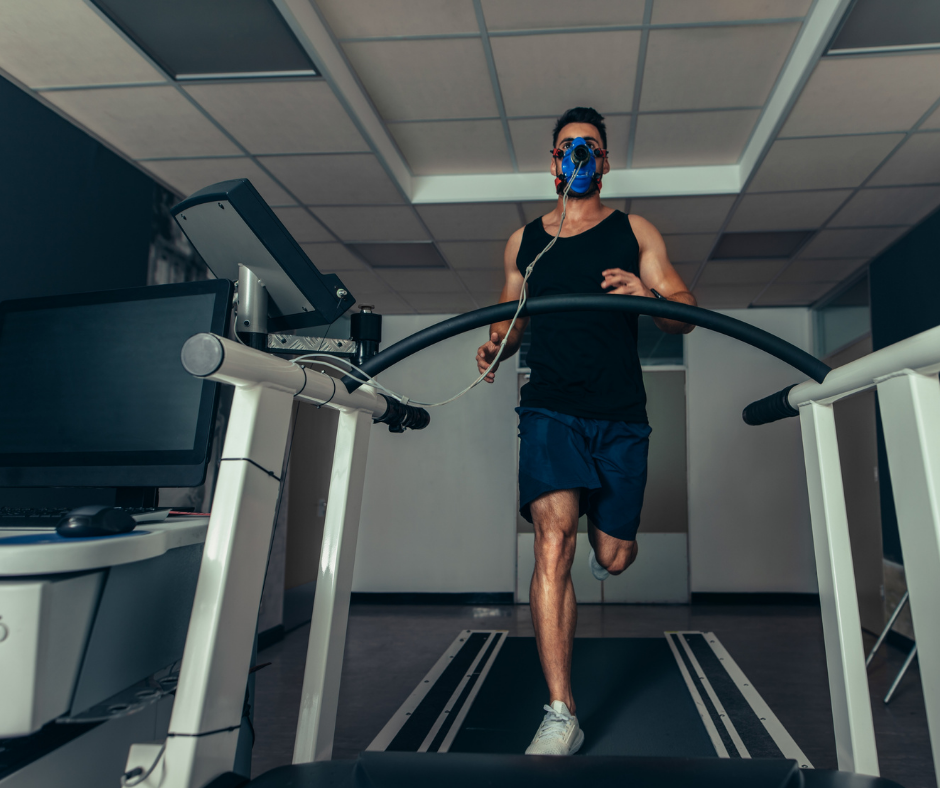
What Is VO2 Max?
VO2 max: The maximum (max) rate (V) of oxygen (O2) your body is able to use during exercise.
We all know that Oxygen is a very important part of the respiratory process.
Take a deep breath in, hold (for a few seconds), and now breathe out.
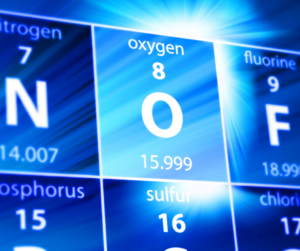
What just happened to you is that your lungs absorbed Oxygen and turned it into ATP (Adenosine Triphosphate), basically energy.
The greater your VO2 max (the maximum rate of oxygen your body is able to use during exercise)
= Increase in the amount of oxygen your body can consume.
= Your body can use that oxygen more effectively to generate the maximum amount of ATP energy.
So, how do we even go about finding out what our own VO2 Max is?
How Is VO2 Max Measured?
- In a Lab
- On a Device
A laboratory test will involve you running on a treadmill or cycling on a bike whilst wearing a breathing mask (connected to a gas analyzer) while intensity increases by means of incline, speed, or power.
Devices such as trackers or GPS watches give less accurate scores based on your heart rate and estimated using algorithms while exercising.
Why Is VO2 Max Considered Important To Some?
Your VO2 max level can show you how your body handles aerobic fitness exercises like running, swimming, and other cardio types.
VO2 max can be expressed in liters per minute and in milliliters per kilogram of body mass per minute.
In essence, your VO2 max shows how well your heart and veins push blood to your muscles and the rest of your body.
VO2 max can be helpful as it is a good predictor of your athletic performance and it can act as a benchmark to track your progress or maintain your performance.
A lot of people don’t realize that improving their VO2 max, can enable them to increase the time they spend doing high-intensity exercises…
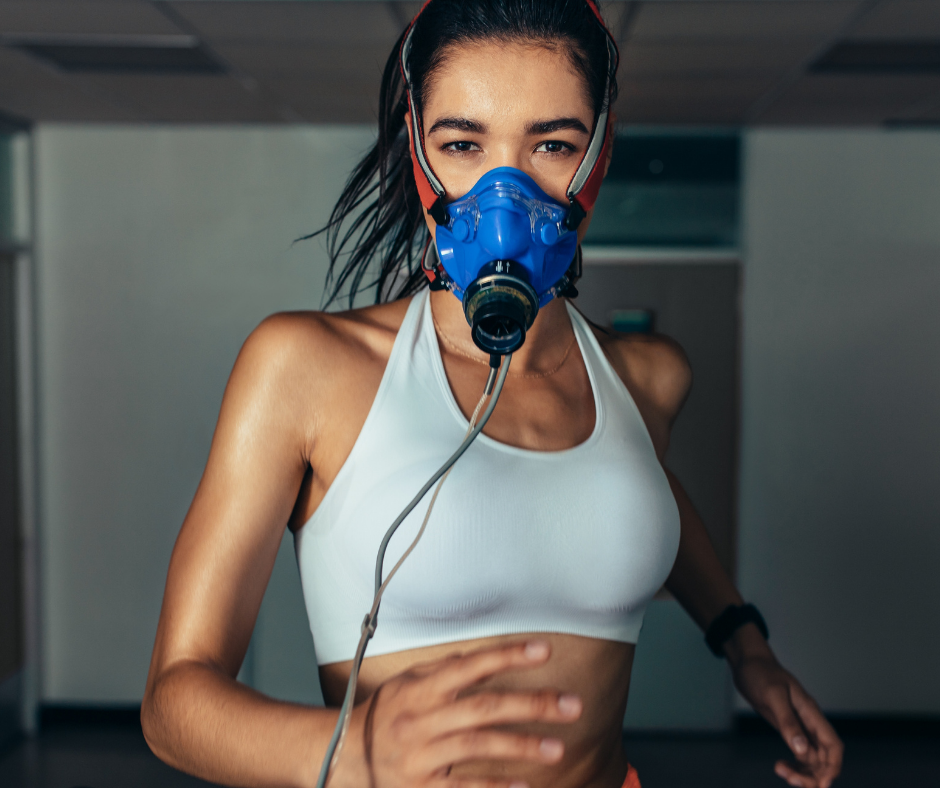
A VO2 Max Misconception
There is a BIG misconception that your VO2 max IS… your VO2 max and there’s nothing you can do to change it…
This is because it is a mechanism of demand.
Meaning: If I’m horribly unfit right now and go for a run and run as hard as I can. I won’t be in a condition to maximize the muscles available and the energy pathways…. So my VO2 will be quite low, relative to myself.
As I get fitter and fitter and am able to demand more of my body, then that demand for oxygen will go up and so… my VO2 max will go up.
This leads us nicely onto my next point… We get asked this question all the time.
What Should My VO2 Max Be?
Your VO2 max depends on a few factors:
- Age
- Fitness Level
- Altitude Level
- Gender
It’s important to note that there is no one “good” VO2 max that everyone should work towards.
Top endurance athletes practically devote their lives to improving their VO2 max.
For ‘normal’ people, however, a good VO2 max is understood in terms of ‘normal’ values, these are the ranges of VO2 max that researchers have identified in the general population.
It does seem a bit tricky to understand but just remember that similar VO2 max results can mean different things for different people.
A VO2 max of 40 can be excellent for one person and not even nearly good for another…
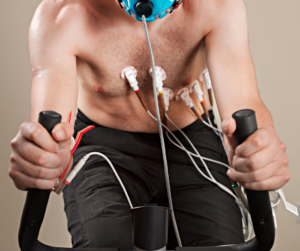
VO2 Max: Men vs Women
Studies show that men generally have more lean muscle mass than women and that women naturally have more fatty tissue.
Muscles use oxygen while fat is simply stored energy. This is why, on average, men have higher VO2 max values than women.
A top female endurance athlete will almost certainly have a much higher VO2 max than the average male. However, she will likely have a lower VO2 max compared to a top male endurance athlete.
All of this is probably starting to make sense to you but does it really matter…
Is knowing your VO2 Max Important?
Your VO2 Max is not important unless you would like to be racing on the international stage.
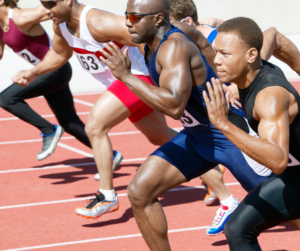
Even on the international stage, you will find that everybody who makes it on the international stage has a very high VO2 max…
BUT
Not everybody who has a very high VO2 max makes it on the international stage.
There are many other factors that contribute to performance such as skill, strength, psychology, etc. and not just the raw VO2 number
So, for you and I… It really is not that important of a number.
VO2 Max Numbers
As I mentioned above, a lot of watches these days are able to give you a VO2 Max reading.
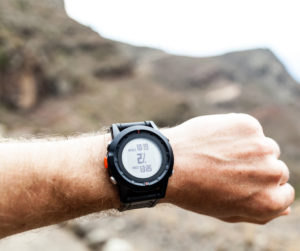
The readings from watches are NOT accurate because they all use different algorithms that are based on the speed that you’re running at versus your heart rate.
A lot of the newer units are using a risk-based heart rate, which is bringing another inaccuracy into the equation.
If you really want to know what your VO2 Max is then the best way to get tested would be in a lab, where they will physically analyze the oxygen that you are breathing in and the carbon dioxide that you are breathing out.
The lab test will allow you to see a really nice graph which shows you how oxygen demand goes up and as you get too tired to sustain any more speed increases there will be a slight little dip at the top of the graph, that’s very close to your VO2 max.
In the video below, Lindsey Parry discusses why VO2 max is not as important as you may think it is.




Comments are closed.